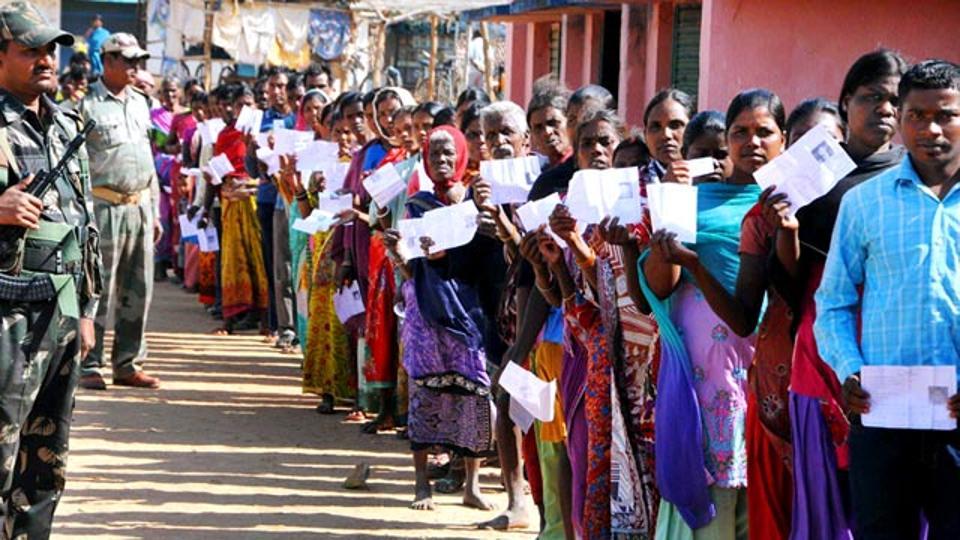United Nations: India’s recently-concluded general election was the most historic and ‘inclusive’ poll as it ensured that every person exercise their right to vote, including those with disabilities, an annual UN conference was told.
Addressing the conference here Tuesday, Secretary in the Department of Empowerment of Persons with Disabilities Ministry of Social Justice and Empowerment Shakuntala Doley Gamlin said India underlined its commitment to providing an enabling environment for differently-abled citizens.
“India remains firmly committed to providing a universal enabling environment for persons with disabilities to fulfil their rights equally with others and realise their full potential and in creating a fully inclusive country where all enjoy equal rights,” she said.
“India just recently concluded the most historic, inclusive general election wherein a wide a range of facilities were provided to make the polling stations more inclusive and accessible to ensure that all can exercise their right to vote,” Gamlin said.
The 2019 Indian general election was held in seven phases from April 11 to May 19. The poll results were declared May 23.
Gamlin said the facilities included obstacle-free access to voting compartment, accessible toilets, separate entry and exit, braille ballot guide, braille embossed electronic voting machines and voter slips, wheelchairs as well as free local public transport facility and priority entry to polling stations.
Improving mobility of persons with disabilities has been a continuous endeavour of the Indian government, she said.
Prime Minister Narendra Modi launched the ‘Accessible India Campaign’ for achieving universal accessibility through creation of barrier-free environment, she said.
A comprehensive rehabilitation service through an early intervention programme for children with disabilities in the age group of 0-6 years is underway, Gamlin said.
National Institute of Mental Health Rehabilitation and a Centre for Disability Sports are also being established to address the issues pertaining to psychosocial disabilities and for promotion of sports amongst disabled sportspersons, she said.
In another significant measure to benefit persons with disabilities, the Indian government has undertaken implementation of Unique Disability ID project that entails creation of a national database and ensures issuance of the unique ID card to every person with disability, she said.
The Indian government is also implementing schemes for providing contemporary modern aids and assisting devices to persons with disabilities.
UN Secretary-General Antonio Guterres told the annual conference on the ‘Convention of Rights of Persons with Disabilities’ that disability inclusion was not only a fundamental human right, but also ‘central to the promise’ of the 2030 Agenda on Sustainable Development.
“When we fight to secure those rights, we move our world closer to upholding the core values and principles of the United Nations Charter,” he said.
“When we remove policies or biases or obstacles to opportunity for persons with disabilities, the whole world benefits,” he said.
The UN chief said he will launch a new UN Disability Inclusion Strategy ‘to raise the standards of the UN’s performance on disability inclusion across the board, and action to bring about the unified and transformative change’.
With an accountability framework to monitor progress and address challenges, the new strategy has clear benchmarks and will encourage more persons with disabilities to work in and be better supported by the UN.
“I want the United Nations to be an employer of choice for persons with disabilities. I want the United Nations to be fully accessible for one and all,” he said.
The UN Chief stressed there is still a long way to go in changing mindsets, laws and policies to ensure rights of persons with disabilities.
Addressing delegates in the General Assembly Hall, Special Rapporteur on the Rights of Persons with Disabilities Catalina Devandas said that despite multiple agendas and competing priorities the rights of people with disabilities cannot be marginalized.
She lauded the new UN Disability Inclusion Strategy to ensure that ‘people with disabilities are included in all development, human rights and humanitarian aid efforts’.
PTI
